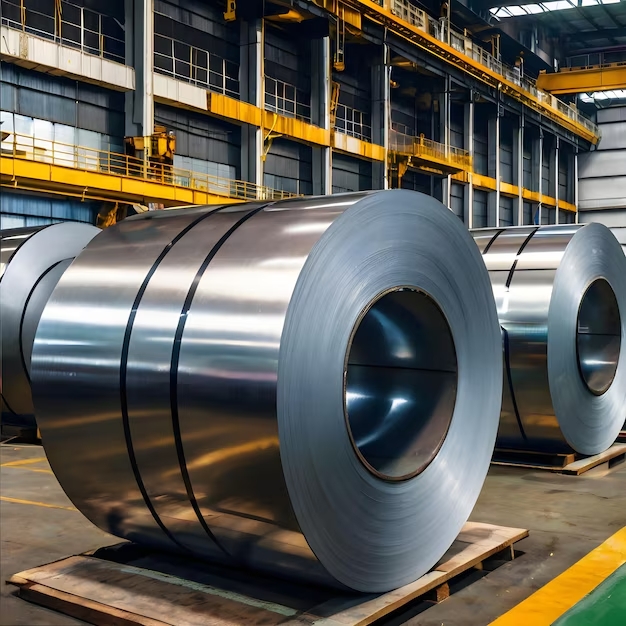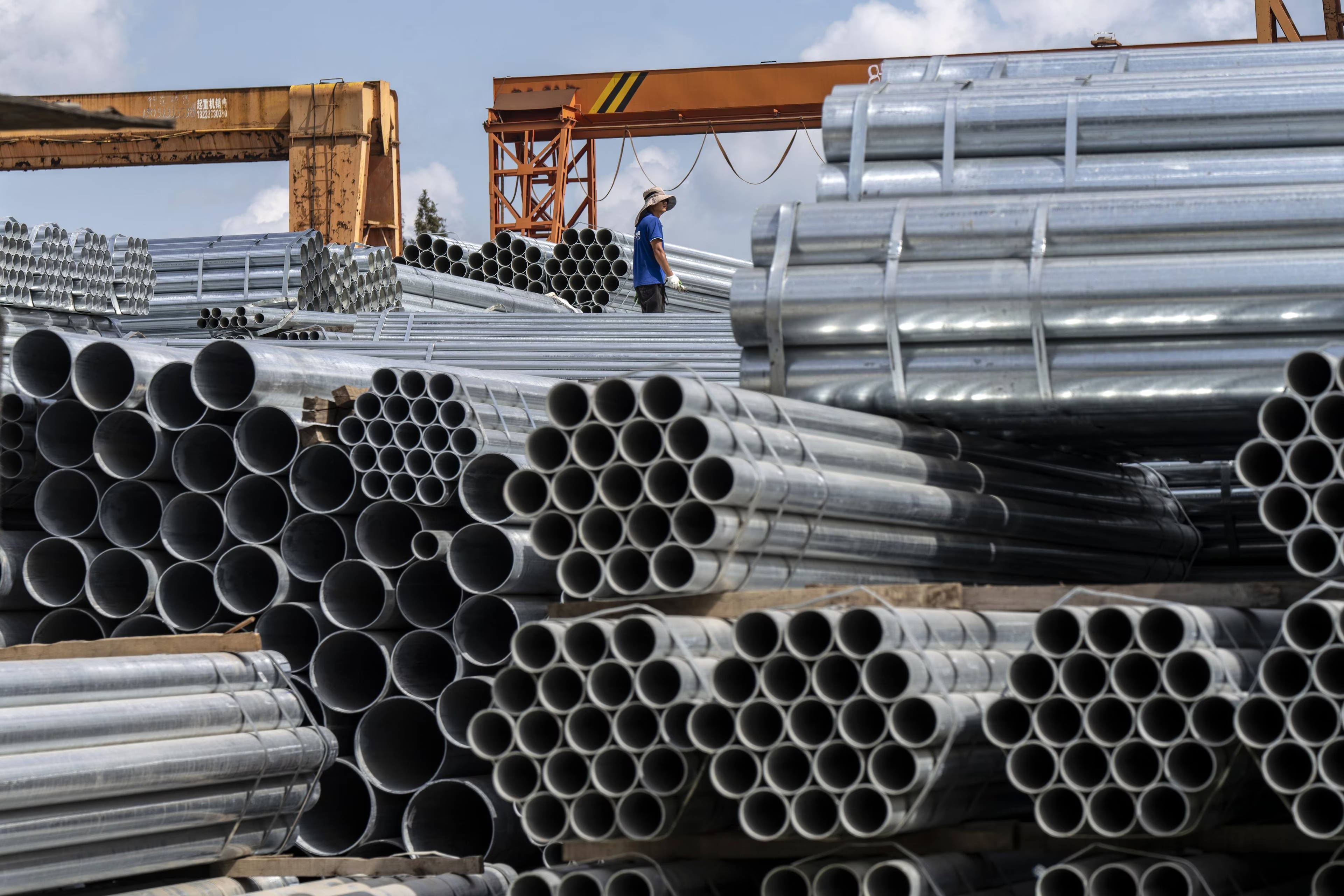India’s steel manufacturing industry is undergoing a significant transformation with the introduction of new regulations mandating that all steel producers obtain a Bureau of Indian Standards (BIS) license. This change, enforced under the Quality Control Order (QCO), ensures that steel manufacturers follow 151 established standards that address quality, safety, and production processes. These standards aim to safeguard consumer interests while promoting consistent quality in India’s steel products.
The steel industry plays a vital role in India's economy, supporting infrastructure development, construction, and various other industrial sectors. However, in the past, there have been concerns over subpar quality and safety risks associated with non-compliant manufacturers. To address these concerns and foster global competitiveness, the government decided to enforce stringent standards to elevate the overall quality of steel production in the country.
The BIS license, which is now mandatory, will require steel manufacturers to undergo regular inspections and adhere to strict compliance measures. These measures cover a wide range of areas, including raw material sourcing, production techniques, product testing, and packaging standards. The enforcement of these 151 standards will also introduce more accountability in production, ensuring that steel products conform to both national and international specifications. This will ultimately result in better products being available in the market, reducing the risk of failures or accidents caused by substandard materials.
Manufacturers who fail to comply with these standards may face penalties, including fines or the suspension of their operations, making adherence to the BIS certification crucial for the survival of any steel manufacturer in India. As a result, steel producers must now invest in upgrading their facilities, training their workforce, and ensuring that their processes align with these new regulations. While this represents a higher operational cost in the short term, the long-term benefits include improved reputation, customer trust, and access to larger domestic and international markets.
The implementation of these standards also signals a broader trend in India’s regulatory environment, emphasizing quality control, product safety, and environmental sustainability across all manufacturing sectors. Steel, being a foundational material for construction and infrastructure projects, plays an essential role in the country’s growth. By ensuring that only high-quality products enter the market, the Indian government aims to support both consumer safety and economic development.
In conclusion, the BIS license requirement and the 151 standards under the QCO represent a crucial step towards strengthening India’s steel industry. The move is expected to boost the confidence of both local and global customers, create a level playing field for manufacturers, and enhance the overall quality and safety of steel products in India.











